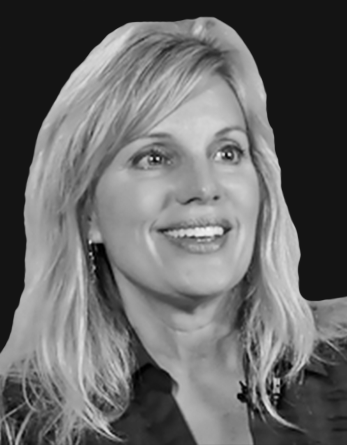
Being the parent of a young-adult child has its challenges, particularly in the area of letting the child make his own decisions and mistakes. Empty nesters in your congregation may need wisdom and encouragement to know when to intervene in their child’s life, and when to step aside.1
Parents seek to raise their kids to become independent, fully functioning, contributing members of society. Why, then, do so many short-circuit the maturation process by needlessly intervening when their children would benefit from all the wrestling and thinking through of making some of life’s tough decisions? One-word answer. Fear.
Moms especially seem to outdistance dads on this one. Women, because they care so much, and feel even more, are sadly prone to running too much interference for too long. Thus, because they aren’t farsighted enough (or are overrun by their own fears), they allow the what-ifs in life to unintentionally cause setbacks to growth in maturity in their kids.
The only way moms and dads can truly step back into the advisory role of parenting is to steep themselves in the Word of God by memorizing, meditating on, and mulling over all the 365 promises found there to combat fearful thinking and fear-based parenting. Letting their kids go to make their own choices (and mistakes) is a good thing. It truly is.
Takeaway action thoughts on stepping to the sideline position in adult children’s lives
- Once their adult children step outside their four walls (or even if the children are in the home at the present time), parents need to purposefully step to the sidelines of their children’s lives. No longer are Mom and Dad the front-and-center coaches in their adult children’s lives; rather, parents necessarily take on the role of occasional advisor and cheering section.
- Their children, as independent individuals, will make mistakes along the way. It falls on the parents to decide when (and if) to intervene when the children make decisions contrary to what the parents believe is best. A good rule of thumb for the parents is to recall their own journey into adulthood and take heart in the fact that they too made many mistakes, but those mistakes helped them grow up and mature as adults. Falling down is a part of life for everyone.
- When faced with touchy situations in which their adult children disagree with them in lifestyle and faith choices, remind the parents that their kids already know what they believe. Repeating ad nauseam only makes a sensitive topic that much more sensitive. Encourage the parents to pray first before entering into any conversation about such a topic with an adult child.
- Have the parents find like-minded parents who have walked a bit further than they in the parenting of adult children and look to them for wise counsel. Encourage them to open themselves up to being mentored by other godly parents who have already traversed the path they are just starting on. Theyu’ll find perspective and encouragement along the way.
- Above all, ask the parents if they would prefer to have the relationship with their adult child over being “right” in a specific situation. For some families, this is a real choice. It’s either embracing the relationship with adult children or taking on an adversarial stance and being “right.” Remember, if the parents choose the hard stance of pushing their beliefs, they may very well lose the opportunity to speak into their adult child’s life for years to come.
Footnotes:
- This article was adapted by permission of author from an excerpt from Empty Nest, What’s Next? Parenting Adult Children Without Losing Your Mind by Michele Howe, copyright 2015 by Hendrickson Publishers, Peabody, Massachusetts. Used by permission. All rights reserved.
